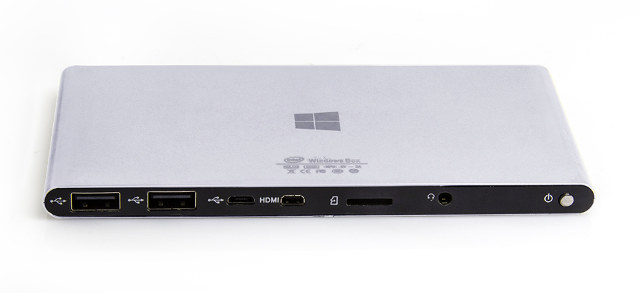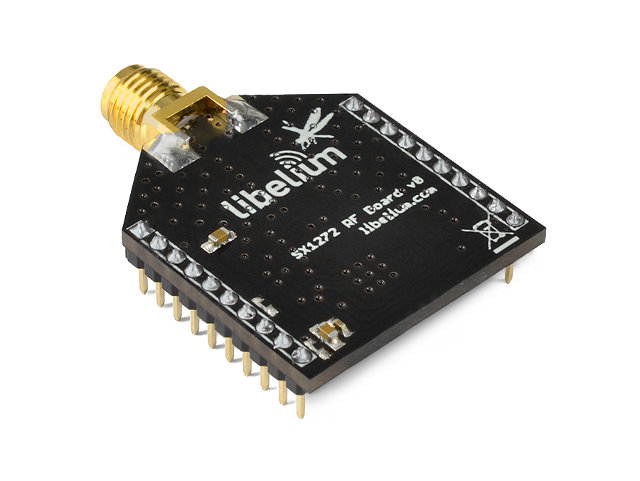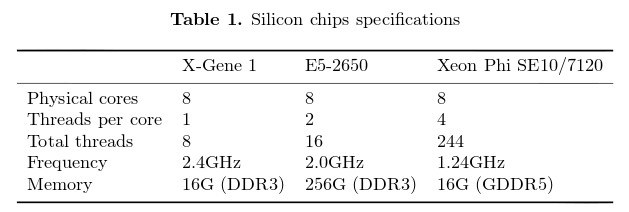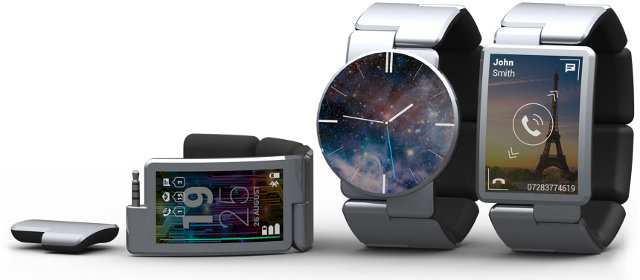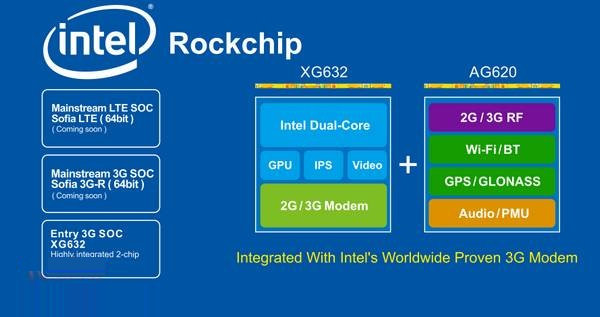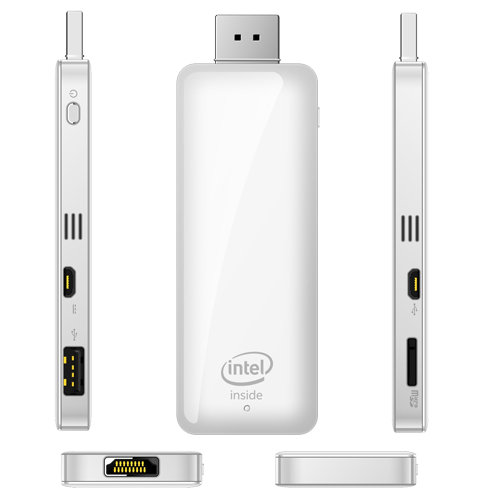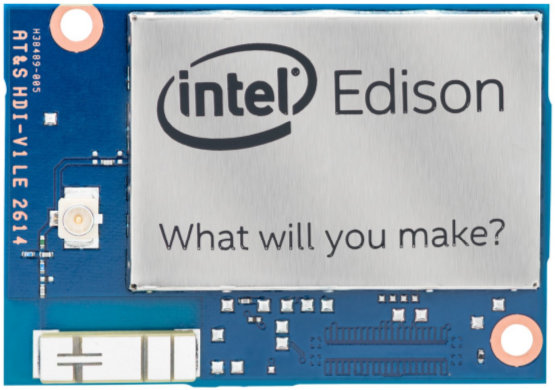Several mini PCs and sticks based on Intel Atom Z3735f/g tablet processors have been announced in the last few months, including MeegoPad T01 and MINIX NEO Z64. But iPC002 introduced to me by VISSON, is a little different, as it includes most features of a tablet with a thin form factor, and an internal battery, but the display, and adds full sized USB ports. iPC002 specifications: SoC – Intel Atom Z3735F “Bay Trail” quad core processor @ 1.33 GHz (Bust freq: 1.83 GHz) with Intel HD graphics Gen 7 (2W TDP) System Memory – 2 GB DDR3L Storage – 32 GB eMMC + micro SD slot Video Output – micro HDMI Audio I/O – micro HDMI, 3.5mm headphone jack, and built-in microphone Connectivity – 802.11 b/g/n Wi-Fi and Bluetooth 4.0 USB – 2x USB 2.0 host ports, 1x micro USB OTG 2.0 port Misc – Volume Up/Down Key, Power Key […]
Semtech LoRa SX1272 RF Module Enables Up to 30 KM Wireless Range for Arduino, Raspberry Pi, Waspmote, and More
Libelium’s Waspmote is a board based on Atmel ATmega1281 MCU that interfaces with over 80 sensors, and various wireless communication modules, and targets professional wireless sensor network applications such as irrigation systems, smart metering, smart cities, smartphone detection, building automation, and so on. They have some professional kits for over 3,000 Euros including training, but a more affordable Starter Kit is also available for 199 Euros on Cooking Hacks. But I’m not going to cover Waspmote in details today. I just mention it because of an article on embedded.com mentioning compatibility with a Libelium / Semtech LoRa SX1272 RF module delivering up to 30km range in ideal conditions (and usually 22+ km range in LOS), and about 2km range in urban settings. I previously featured XBee-PRO 900HP RF Module with a 45km range, so the Semtech module is just another option, and it works not only with Waspmote, but also the […]
Applied Micro X-Gene (64-bit ARM) vs Intel Xeon (64-bit x86) Performance and Power Usage
A group of researcher at CERN have evaluated Applied Micro X-Gene 1 64-bit ARM XC-1 development board against Intel Xeon E5-2650 and Xeon Phi SE10/7120 systems, and one of them, David Abdurachmanov, presented their findings at ACAT’ 14 conference (Advanced Computing and Analysis Techniques) by listing some of the issues they had to port their software to 64-bit ARM, and performance efficiency of the three systems for data processing of High Energy Physics (HEP) experiments like those at the Large Hadron Collider (LHC), where performance-per-watt is important, as computing systems may scale to several hundred thousands cores. Intel Xeon Phi platform based on Many Integrated Cores (MIC) computer architecture was launched the HPC market, and contrary to the table above features 61 physical cores. Applied X-Gene 1 (40nm process) was used instead of X-Gene 2 built on 28-nm process which was not available at the time. The ARM platform ran […]
Meet Blocks, a Tizen Modular Smartwatch based on Edison Board
If you like Phoneblocks / Project Ara module model concept, you may also be interested in Blocks, a modular smartwatch comprised of blocks connected via 3.5mm jacks. The watch is running Tizen on Edison development board powered by Intel dual-core Atom + Quark SoC, and part of the 10 finalists of Intel’s Make It Wearable challenge. Most smartwatches comes with a dumb” watchband, but with Blocks both the actual watch, and watchband are smart and customizable. You can change from round to square display, and add modules, which are part of the watchband, adding features like GPS, heat rate monitor, motion sensors, extra battery capacity, SIM card, contactless payment, temperature sensors, and so on. Each module also have a removable cover to let you change the color. One of the main drawbacks of current smartwatches is the battery life (1 to 2 days), so if it is possible to connect […]
Intel / Rockchip XMM 6321 Solution for Low Cost 3G Smartphones and Tablets
Back in May, Intel and Rockchip announced a partnership to develop 3G and LTE “Sofia” SoC for mobile devices, a few months later, Rockchip VP posted a picture of dual core development board (6321 solution) on Weibo with Rockchip and Intel technology, and the companies have showcased solutions based on XMM 6321 during the Hong Kong Electronics Fair. Intel XMM 6321 appears to be a two-chip solution comprised of: XG632 SoC with a dual core Intel processor, a GPU, ISP?, VPU and a 2G/3G modem Intel/Infineon AG620 Communication Combo with 2G/3G RF, Wi-Fi/BT, GPS, GLONASS and Audio/PMU. XG632 will be the first processor from Intel and Rockchip collaboration, but it may not be part of “Sofia” family. with quad core 64-bit Sofia 3G-R and Sofia LTE SoCs coming at later date. XG632 is for entry-level smartphones (<$30) and tablets (<$40), whereas the upcoming Sofia SoCs will be seen in mainstream […]
MEEGO-T01 HDMI TV Stick Supports Android, Windows 8.1, and Ubuntu/Linux
ARM based HDMI TV dongles have been available for over two years, mostly running Android, but the community has managed to install Linux desktop operating systems such as Ubuntu or Debian on these tiny gadgets with some limitations. But now that Intel is making low power SoC for tablets, at least one company has decided to make an HDMI TV stick powered by Intel “Bay Trail-T” Z3735F/G quad core processor, which can run Android, Windows 8.1, and Linux based desktop operating systems such as Ubuntu. Meegopad MEEGO-T01 (aka APM-D01?) hardware specifications: SoC – Intel Atom Z3735F / Z3735G “Bay Trail” quad core processor @ 1.33 GHz (Bust freq: 1.83 GHz) with Intel HD graphics (2W TDP) System Memory 1 GB DDR3L-1333 for Z3735G (32-bit up to 5.3 GB/s) 2 GB DDR3L-1333 for Z3735F (64-bit up to 10.6 GB/s) Storage – 16 or 32 GB eMMC + micro SD slot Video […]
$50 Intel Edison Board for Wearables Features an SoC with a Dual Core Atom Processor, and a Quark MCU
Intel announced the Edison board for wearables applications last January at CES 2014. When it first came out, it looked like an SD card, but the board look has now drastically changed. Nevertheless, the important point is that Intel Edison is now available, together with various development kits, and runs Linux (Yocto built), as well as an RTOS. With the official release, we’ve also got the full specifications: SoC – Dual-core, dual-threaded Intel Atom (Silvermont) processor (22nm) processor @ 500 MHz and a 32-bit Intel Quark micro-controller @ 100 MHz. Includes 1GB LPDDR3 PoP memory System Memory – 1 GB LPDDR3 (PoP memory) – 2 channel 32bits @ 800MT/sec Storage – 4 GB eMMC (v4.51 spec) + micro SD card connector Connectivity – Dual band 802.11 a/b/g/n Wi-Fi (Broadcom 43340) with either an on-board antenna or external antenna, and Bluetooth 4.0 USB – 1x micro USB connector I/Os: 2x UART […]
Intel Reference Design Program for Android Promises Devices with Firmware Updates Tracking AOSP for 2 Years
If you’ve ever bought a low cost Chinese smartphone or tablet, you must know you can’t really expect firmware updates, especially with a different Android version. For example, if you’ve purchased an Android 4.1 phone or tablet a couple of years ago, more likely than not, it’s still stuck to the same version. Intel intends to change all that by launching the Intel Reference Design Program for Android. Yes, Intel has provided reference designs in the past, but this program goes further, especially with regards to Android support, and firmware updates. This is the way it all works: Manufacturers can choose a set of pre-qualified components to build their Android device. Intel will provide a single Android image that works with the drivers to support all components. Intel will take care of GMS (Google Mobile Service), and CTS (pre-)certification for their customers. Intel has committed to provide updates within 2 […]


